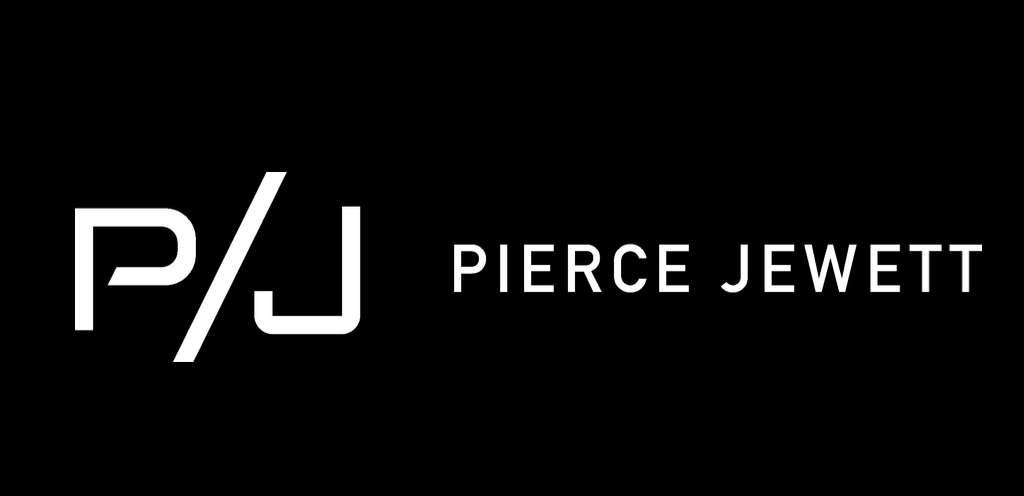Does Business Bankruptcy Affect Personal Assets?
While filing for bankruptcy protection does not necessarily mean the end of a business, it is always a big decision. Business owners need to carefully consider all of the implications. You may be wondering: Will my personal finances be adversely impacted by a business bankruptcy filing? The answer depends on the specific circumstances of your business. Here, our New York commercial bankruptcy lawyers explain how a business bankruptcy will (or will not) affect your personal assets.
Business Bankruptcy and Personal Assets: Three Questions
A commercial bankruptcy may or may not affect your personal assets. There are several different factors that determine whether a business bankruptcy will have any direct impact on your personal property or personal credit rating. Here are three key questions that you need to answer:
What Type of Business Do You Own? If you own a sole proprietorship, a business bankruptcy will have a significant impact on your personal assets. From a legal perspective, there is no difference between you and your sole proprietorship. If you own a corporation or a limited liability company (LLC), a commercial bankruptcy should not affect your personal assets. These corporate forms offer liability protection to their owners. That being said, there are some limited exceptions. A corporate or LLC bankruptcy could potentially impact your personal assets.
Did You Personally Guarantee Any Loans? If you cosigned a loan, personally guaranteed a debt, or pledged your property as collateral, then creditors can seek recourse against you personally despite the bankruptcy filing for your company. When a company files for bankruptcy, its creditors will review any personal guarantees made by business owner(s). Make sure you consider any personal guarantees before filing for bankruptcy protection for your company.
Can the Creditor ‘Pierce the Corporate Veil’? Finally, in some limited circumstances, creditors may be able to break through the liability protection offered by a corporation or an LLC and hold a business owner personally accountable. As explained by the Cornell Legal Information Institute, this is known as ‘piercing the corporate veil’. Generally speaking, a bankruptcy court will only allow creditors to pierce the corporate veil if they can prove that the business engaged in some form of negligent, reckless, or otherwise fraudulent conduct. When a court determines that a business owner abused commercial liability protection, they may allow creditors to hold the owners personally accountable even if they did not cosign or personally guaranty the debt.
Filing for bankruptcy is complicated. You must protect your company’s interests and your personal interest. An experienced professional can help. If you need assistance with evaluating the impact to your personal assets in a relation to a commercial bankruptcy filing, speak to a top-rated New York business bankruptcy attorney right away.
Call Our New York Business Bankruptcy Lawyers Today
At Pierce / McCoy, our New York commercial bankruptcy attorneys are skilled, reliable advocates for our clients. If you have questions about how business bankruptcy and its possible effect on your personal assets, we are more than ready to help. To request a strictly private, no obligation initial consultation, please contact our law firm today. With an office in New York City, we represent clients throughout the region.
